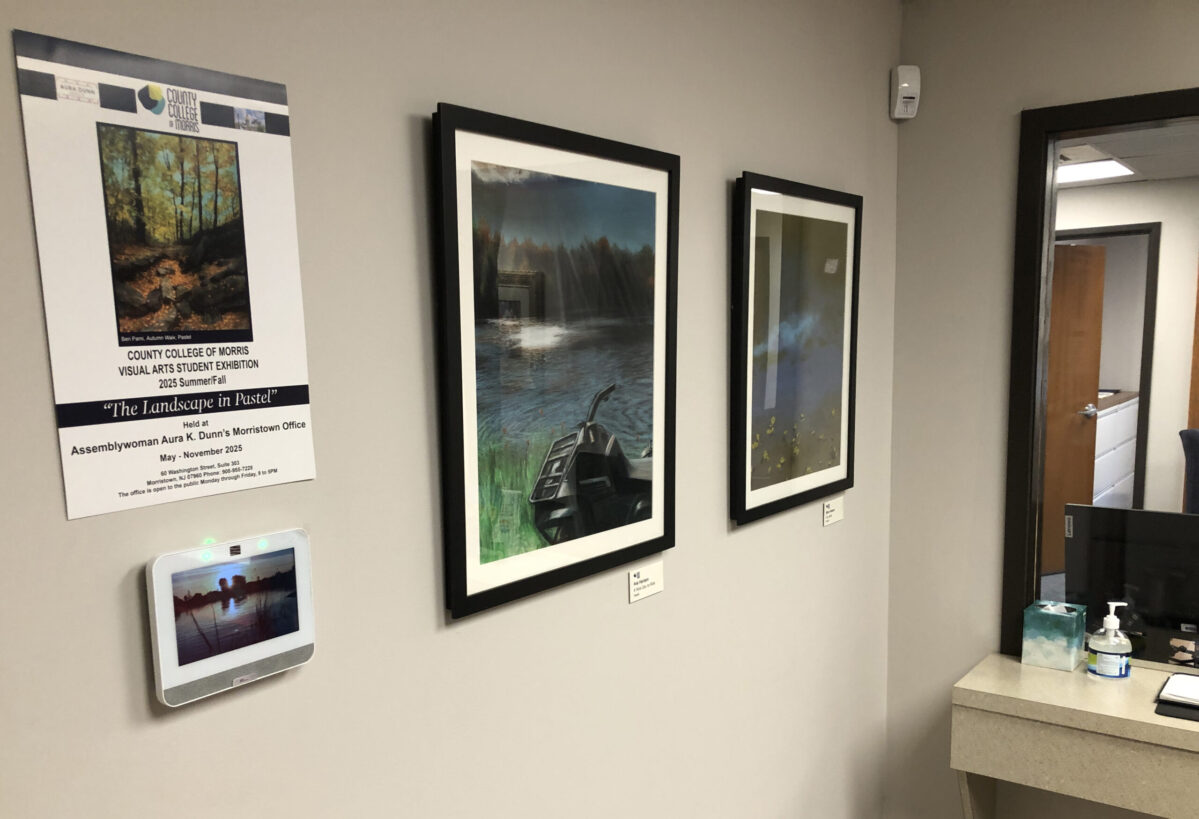What You Will Learn
Information Technology is a field of options! IT bridges gaps between technology and business with a global reach. There is tremendous growth in information technology as industries like finance, healthcare, and education that invest in technology solutions. Wherever your interests lie, there is a need for Information Technology.
- CCM Information Technology students learn how to:
- Build and repair computers
- Support and maintain software
- Build and troubleshoot networks
- Create a website or other app
- Prevent cyber attacks
- Analyze data and make predictions
- Work in teams to solve technology problems
According to PayScale, the average base salary in 2022 for graduates with an associate degree in information technology is $63,000. Graduates with a bachelor’s degree in computer science earn $87,000.
Curriculum
Our Information Technology Degree program features a 40-credit core of cutting-edge computer science and computer architecture courses, plus a 20-credit general education foundation – meeting the demand of industry.
Careers in the Field
Here are some potential job pathways you can be eligible to pursue with an associate degree from CCM!
- Computer Technician
- Cyber Security Analyst
- Database Developer
- System Administrator
- Web Developer
The program is designed for seamless transfer to a four-year college or university, if you choose to do so upon graduation, to advance in your career pathway.
- IT Support Specialist
- Network Engineer
- Security Administrator
- Software Engineer
Why Study Information Technology at CCM?
There are many reasons why you should study Information Technology at CCM:
- Learn current technical skills that can land you a job or enhance your current job skills in the in-demand field of information technology
- Specialized track options that match your area of interest including Cybersecurity, Networking, Web Development, Mobile App Development, Digital Forensics, and Data Science
- Curriculum to prepare you for industry certifications
- Transfer options to nearby bachelor-level institutions
- Active learning lab classrooms with state-of-the-art technology
- Diverse faculty and student body
- Extra-curricular activities like clubs, conferences, and fun events that allow you to get to know others in your field and learn outside of the classroom
- Small class sizes so you get individual attention from faculty • Faculty with industry experience to give you a real-world understanding of the technology field
- Supportive environment with free tutoring and faculty office hours
- Flexible terms and class schedules that fit into your busy life
Note: You must see a faculty advisor to plan your sequence of courses. For the most up-to-date listing of courses, see the Curriculum Checklist.
Where you can go!
CCM Information Technology graduates are prepared to enter the workforce. Graduates planning to complete a four-year degree attend nearby New Jersey public and private institutions like Fairleigh Dickinson, Kean, Montclair, New Jersey Institute of Technology, Ramapo, Rutgers and William Paterson. Other students have recently attended out-of-state schools such as Pace, Rensselaer Polytechnic Institute, Rochester Institute of Technology and East Stroudsburg.
Information Technology provides the structure for an organization’s computing environment. A degree in IT compliments any industry. An associate degree from CCM puts you in your career faster and allows you to continue learning through certifications and job experience to stay at the top of your field.
Paying For Your Information Technology Education
Earning an associate degree in information technology is a powerful investment that will pay off over the course of your life, in both increased earnings and job satisfaction. But what is the upfront cost, and how do you afford it?
There’s good news: Money is available to help you pay for school! Our Financial Aid staff can provide lots of information about the process of finding funds to help pay for your education.
Featured Courses
Software Engineering
Software engineering practices are examined in the context of the system development life cycle, comparing traditional structured approach and the object-oriented approach, with the main focus on object-oriented approach. Topics include user stories, use cases, object-oriented modeling, comprehensive project management, the Unified Modeling Language (UML) diagrams, Agile techniques, and user-interface design. Class projects provide students with practice in developing soft skills necessary to work as part of a team. Students participate in a semester-long team project to design an application using system analysis and design techniques.
Network Security
This course provides an in-depth study of network attack techniques and methods to defend against them. Areas of study include communication security, infrastructure security, cryptography, and operational and organizational security as it relates to network hardware, software and data. Topics include authentication, attacks, virtual private networks, email protection, web security, wireless, firewalls, intrusion detection, cryptography, disaster recovery and computer forensics regarding networked systems. Using a hands-on approach, powerful tools to diagnose and correct security breaches are investigated and manipulated. This course is mapped to the National Centers of Academic Excellence in Cyber Defense Education Knowledge Units and vendor-neutral certification exam.
Fundamentals of Programming (Python)
This is a fundamental course in problem solving and programming. This course introduces concepts such as how to solve problems by designing and implementing algorithms using a popular programming language. Topics include: pseudocode, algorithms, variables, constants, using decisions and loop structures to construct effective code, using built-in functions, creating functions and modules, and simple debugging techniques for detecting errors. Use of real-world problems in Web Development, Cybersecurity and Data Science are explored. No prior programming experience is required.
Related Certificates












